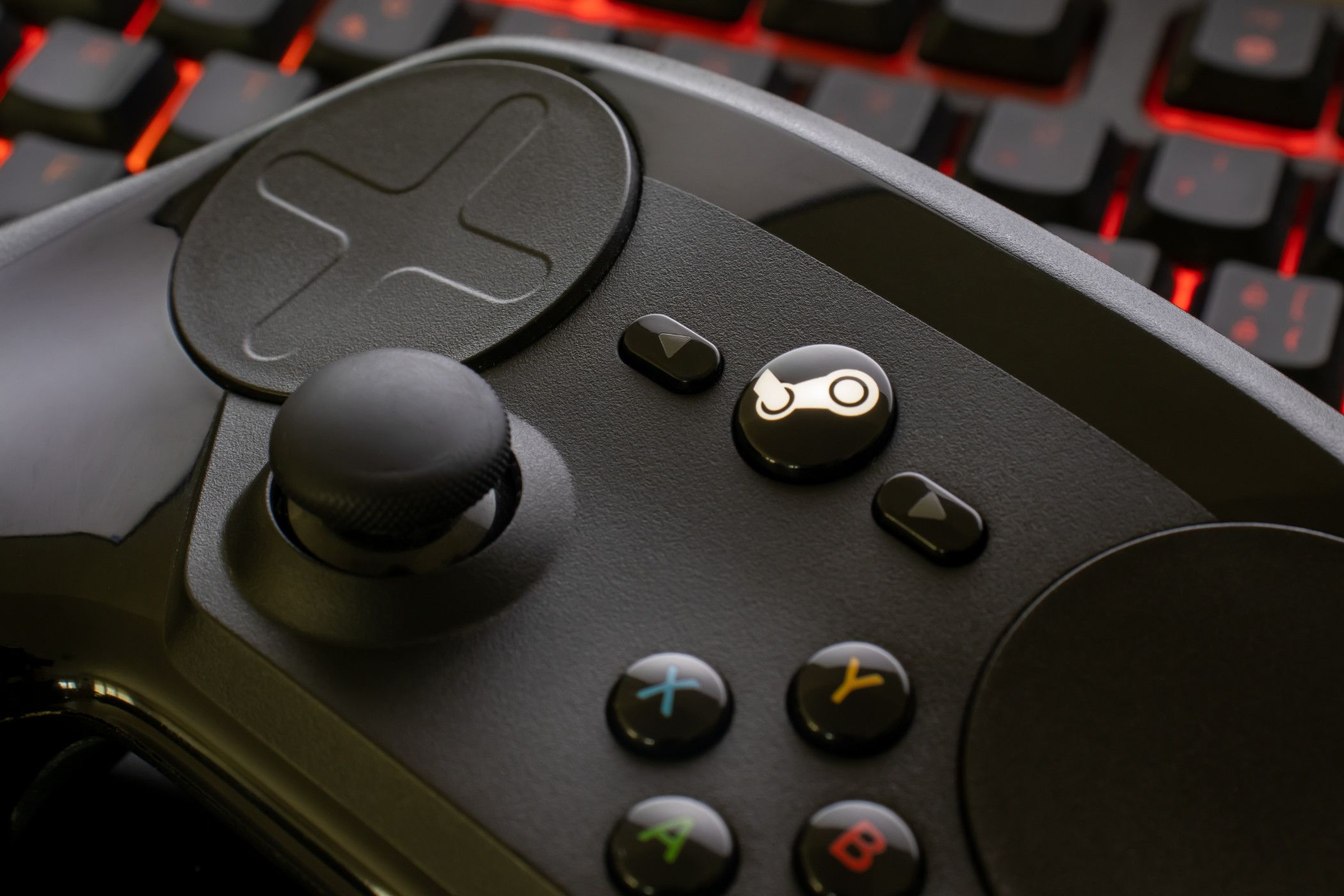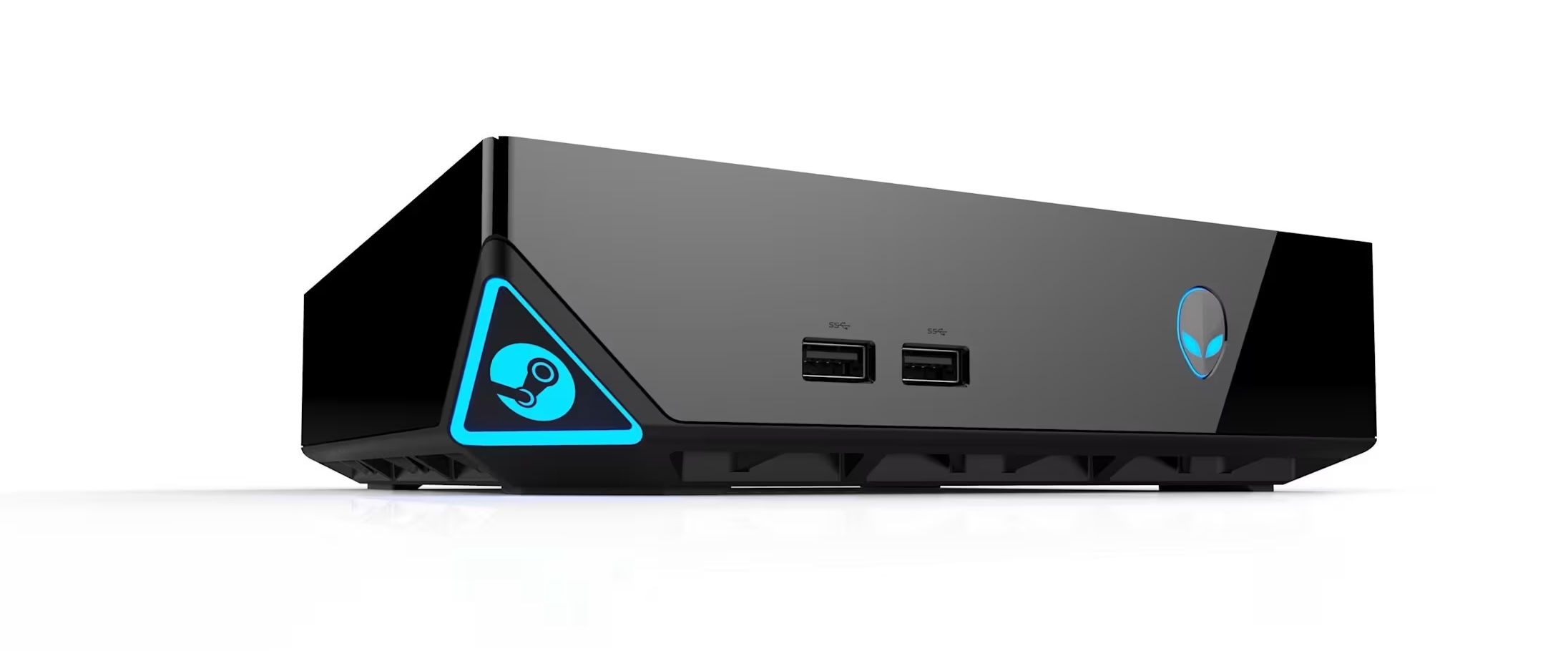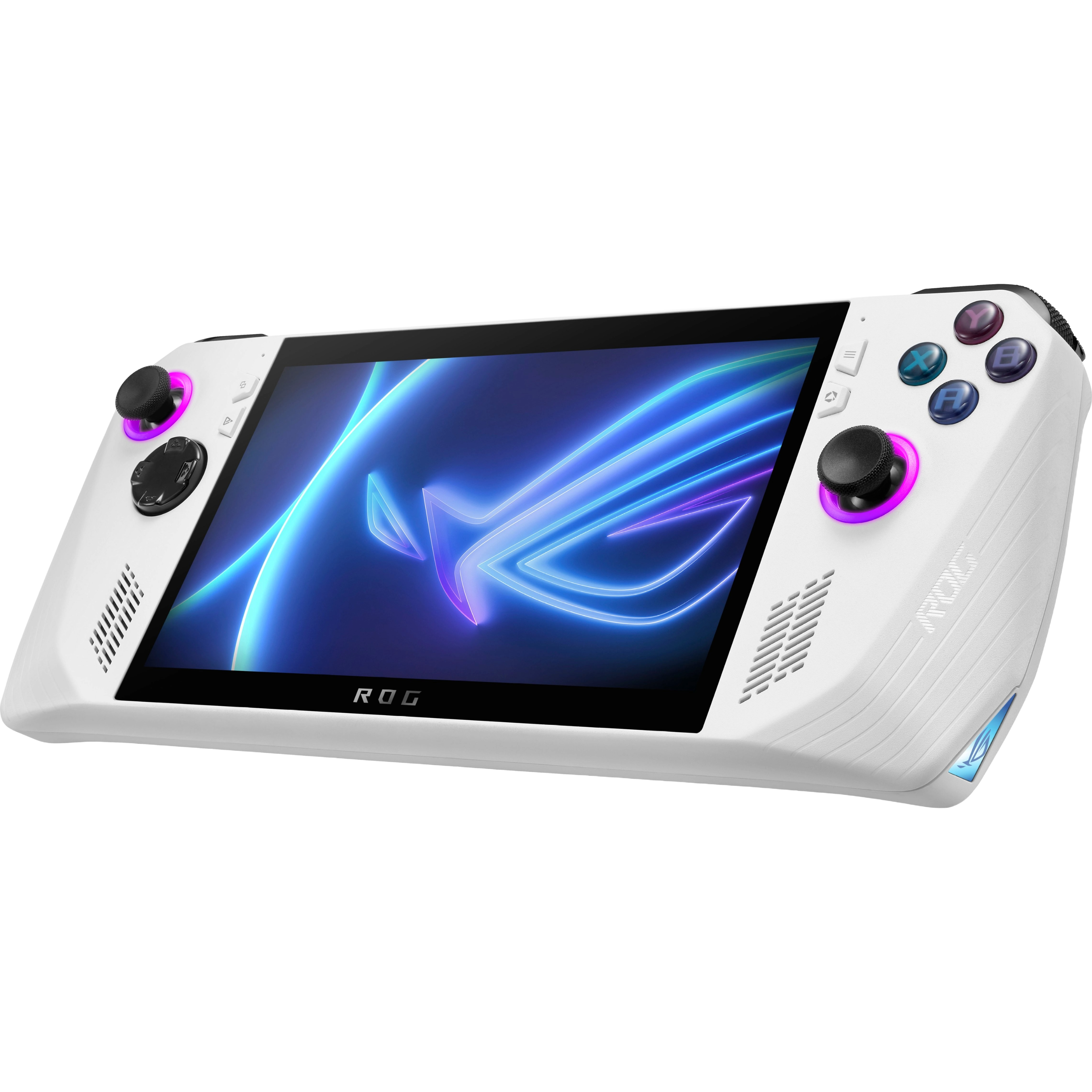
The Remarkable Resurgence of Valve's Gaming Powerhouse – The Steam Machine Returns!

The Remarkable Resurgence of Valve’s Gaming Powerhouse – The Steam Machine Returns!
Key Takeaways
- It’s now the perfect time for Valve to release a new, more powerful Steam Machine that rivals current consoles in price and performance.
- Steam Machines failed in their initial form due to poor game compatibility, underpowered hardware, and little interest from other hardware makers.
- The Steam Deck, which is essentially a modern Steam Machine, has solved many of the problems responsible for the failure of early Steam Machines and has been highly successful.
Valve’s Steam Deck is a massive success, and has kick-started an entirely new product category of handheld gaming PCs. But it’s easy to forget that this isn’t Valve’s first attempt at a PC-console hybrid, so perhaps it’s time for them to try again.
The Short and Brutal History of Steam Machines

Alienware
Steam Machines were small form-factor PCs designed to run the Linux-based SteamOS and provide a more console-like experience to players who weren’t into PC gaming. In 2015, the first Steam Machine was released, setting the base specification that any other PC manufacturer could copy and even improve on.
The Steam Machine, along with Valve’s unique (and now defunct) Steam Controller , went head-to-head with consoles like the PlayStation 4 and Xbox One on price. By the end of the Steam Machine era, less than five years after release, fewer than half a million units had been sold. By 2018, Steam Machines were effectively killed off by Valve.
There are many reasons why Steam Machines failed in their initial form, but the most likely contributors to their early demise include:
- Poor game compatibility on SteamOS.
- A technical ceiling that was still too high for console gamers.
- Under-powered hardware.
- Software that just wasn’t ready.
- Little interest from other hardware makers.
This is just the tip of the iceberg, and there are varied think pieces you can read online about why Steam Machines failed, but that’s not why we’re here. I’m here to argue that Steam Machines were just ahead of their time and that Valve could resurrect the project to rule the gaming world.
The Steam Deck Solves All of These Problems
Valve’s Steam Deck is a Steam Machine in all but name. The handheld has proven incredibly popular, and it solves virtually every problem the Steam Deck had.
Valve now has a version of SteamOS that’s widely compatible with Windows games. They have an interface and system-level controls that make it easy for complete PC newbies to start playing in no time. For the most part, the compatibility, performance, and complexity problems have been solved. Valve has proven itself as a hardware design company, and it can’t keep Steam Decks on the shelves because demand is so high.
Furthermore, the Steam Deck has set off a frenzy as companies like ASUS (with the ROG Ally ), MSI, and Lenovo have jumped into the handheld PC space. These other handhelds may not run SteamOS natively, but they can still be used to play games using Steam.

Steam Deck OLED
Elevate your gaming experience with the Steam Deck OLED. Immerse yourself in stunning visuals on the vibrant OLED display, while enjoying powerful performance and portability.
The Steam Deck works just fine when docked to a TV or monitor, and the only real problem is the lack of horsepower to drive new games on large displays. A modern Steam Machine, therefore, would just be a Steam Deck with a more powerful CPU and GPU.
The Time for Steam Machines Is Now
Compact and power-efficient hardware has never been cheaper. We’ve seen plenty of affordable gaming laptops that sip power while providing console-beating performance. Both Intel and AMD are now producing “APUs” (to use AMD’s term ) that include a GPU and CPU in the same package, and without the limits of handheld battery power and thermal management, they could perform much better.
By mirroring the Steam Deck’s highly competitive price point, I believe that Valve could come up with a modern Steam Machine that rivals current consoles in both price and performance, with all the perks that have made the Steam Deck so beloved.
Anyone who already owns a Steam Deck wouldn’t have to buy their games again, and save game syncing between the two devices would be built-in from the ground up, just like with a regular desktop PC running Steam and the deck.

ASUS ROG Ally With AMD Z1 Extreme Processor
The ASUS ROG Ally is the best handheld gaming PC running Windows 11; it’s got a stunning screen, powerful specs, and is a joy to use despite its middling battery life and SD card reader issues.
So Valve, if you’re listening, now’s the time to dust off the blackboard and draw up a new box that could do for couch gaming what the Steam Deck has done for handheld PC gaming.
Also read:
- [New] 2024 Approved Ballot Box Battles Prime Voting Challenge Platforms
- [Updated] Chuckle Constructor App
- [Updated] In 2024, Thorough Summary Google's Podcast Platform Demystified
- [Updated] Periscope Unveiled Free Access, Benefits & Signing Up Guide
- A Checklist: Important Considerations When Shopping for VR Technology
- Best Karaoke Options Across the US – Quality Entertainment Under $150 Reviewed
- Conversion Gratuita Di File PEF in Formato PNG Con Movavi - Strategie SEO per Massimizzare Il Tuo Traffico Web
- In 2024, Breakthrough Techniques for Quick SRT to Text File Alteration
- Professional Gamers' Guide Optimal Video Capture Tips
- Unveiling the Best Online Print Providers
- Unveiling the Features and Speeds of Glion Dolly’s Fashionable E-Scooter at a Premium Cost
- Vivomove HR by Garmin - The Fashionable Smartwatch Perfect for Your Everyday Activity
- WS-2902A Ambient Weather Station Overview & Analysis - Exceptional Value with Rich Functionality
- Title: The Remarkable Resurgence of Valve's Gaming Powerhouse – The Steam Machine Returns!
- Author: Kenneth
- Created at : 2024-09-27 16:35:11
- Updated at : 2024-10-01 19:14:20
- Link: https://buynow-tips.techidaily.com/the-remarkable-resurgence-of-valves-gaming-powerhouse-the-steam-machine-returns/
- License: This work is licensed under CC BY-NC-SA 4.0.